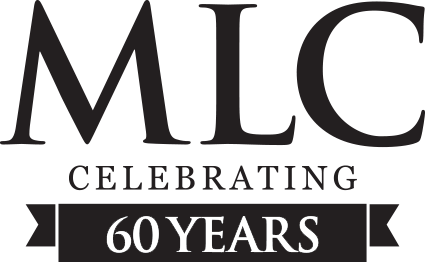The House and Senate passed their budgets for the upcoming fiscal year beginning on October 1. The budget process has been quite partisan this year, with the bills passing on party-line votes in both chambers. Additionally, Republican members offered over 100 amendments, none of which were adopted.
Key points:
-
- A 4% increase to per-pupil funding.
- A 14.6% increase for at-risk students.
- Funding for free breakfast and lunch for all K-12 students.
- Provides funding for lead line remediation and water infrastructure upgrades.
- $600 million to address the youth mental health crisis and help students make up for pandemic learning loss.
- $150 million for school transportation funding.
- Over $500 million for school infrastructure improvements and enhanced school safety.
Next steps:
The budget bills will be sent to the other chamber for a vote. Following the votes, conference committees will be named and meet to negotiate items of differences between the House and Senate-passed versions.
While Republican votes aren’t needed to pass the budget, the Democratic caucus in the Senate will need a handful of Republicans to vote for immediate effect when the final versions pass the chamber.








